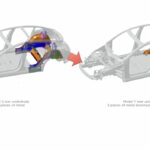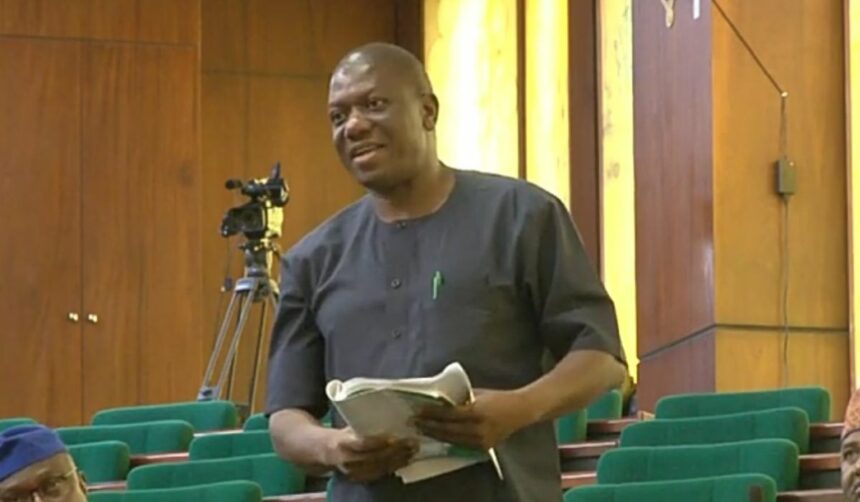Senator Sunday Marshall Katung, representing Kaduna South Senatorial District, has announced a significant agricultural investment initiative for Southern Kaduna.
A group of investors from the United States of America is poised to inject $6 million into the agricultural sector in the region.
During the celebration of the 2024 National Agricultural Day at Kaduna State University’s Kafanchan campus, Senator Marshall Katung disclosed the forthcoming investment and highlighted its potential impact on the agricultural landscape of Southern Kaduna.
”Investors plan to introduce advanced farming techniques, including artificial intelligence (AI) technology, to enhance productivity and efficiency in agriculture,” he stated.
Senator Katung emphasized the importance of preparing the local farming community for the transformative initiative.
He urged farmers to embrace modern agricultural practices and explore opportunities in areas such as piggery, ranching, fishery, and processing for exports.
Additionally, he encouraged youth involvement in agriculture and advocated for partnerships to facilitate growth and development in the sector.
The senator expressed confidence in the safety and conducive investment environment in Southern Kaduna, attributing improvements in security to collaborative efforts between government agencies and security forces.
He thanked President Bola Ahmed Tinubu, Gen. Christopher Musa, Chief of Defence Staff, and the Kaduna State Government for their contributions to enhancing security in the region.
Senator Katung reiterated the significance of agriculture in Nigeria’s economic development and emphasized the need for robust investment and mechanization in the sector.
He underscored the pivotal role of agriculture in ensuring food security, creating employment opportunities, and stimulating wealth creation.
He also called for concerted efforts to harness the full potential of agriculture and reiterated the importance of active participation from government, entrepreneurs, and business leaders.
He emphasized the imperative of returning to a time when agriculture was a primary focus for subsistence and commercial purposes, highlighting its capacity to drive Nigeria’s socio-economic growth.










